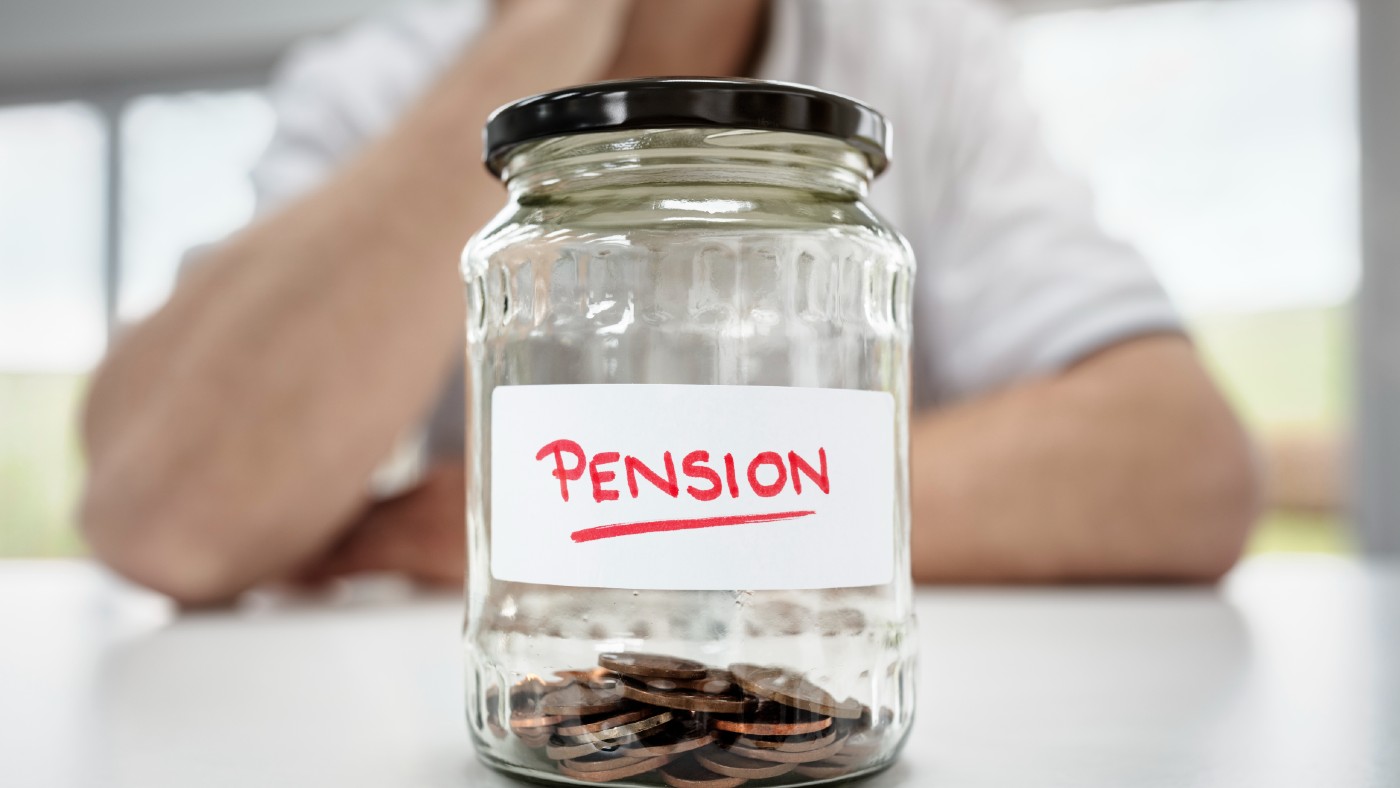Millions ‘risk disappointment at retirement’ due to inadequate saving
People earning the average wage of £27,500 estimated to take home a pension far less than current national living wage

A free daily email with the biggest news stories of the day – and the best features from TheWeek.com
You are now subscribed
Your newsletter sign-up was successful
Millions of people are at risk of receiving less than the current national living wage when they retire, according to insurer and pensions provider Aviva.
The government auto-enrolment scheme, launched in 2012, has led to an additional ten million workers setting up pension savings. The minimum percentage for contributions, the total from an employee and their employer, increased in April this year from 5% to 8% of salary.
However, Aviva wants this to increase to 12% over the next decade. It claims that “millions of people earning the average wage of £27,500 run the risk of retiring on a pension of far less than £15,000, the equivalent of the current national living wage”, reports The Observer.
The Week
Escape your echo chamber. Get the facts behind the news, plus analysis from multiple perspectives.

Sign up for The Week's Free Newsletters
From our morning news briefing to a weekly Good News Newsletter, get the best of The Week delivered directly to your inbox.
From our morning news briefing to a weekly Good News Newsletter, get the best of The Week delivered directly to your inbox.
Alistair McQueen, head of savings and retirement at Aviva, told the newspaper: “We need to look again at the auto-enrolment system. It achieved its goal of getting people to save, but the 8% minimum may be inadequate to give people a comfortable retirement. Millions risk disappointment at retirement.”
Former pensions minister Steve Webb fears such a hike would risk large-scale opt-outs. “We need higher contributions from employers so that workers and firms are equal partners in pensions,” he said. “Simply hiking contribution rates risks opt-outs, but there are more creative ways to get people saving more for their retirement without frightening them off completely.”
Ros Altmann, another former pensions minister, said pension companies needed to make their products more attractive and work hard to persuade people to save. “Forcing others to hand the industry more money seems to be a sub-optimal approach,” she said.
Money Saving Expert notes that employees can choose to opt out of the pension, but fewer than 10% had by February 2019. Nevertheless, “there are still more than nine million workers not in any workplace pension”, it says.
A free daily email with the biggest news stories of the day – and the best features from TheWeek.com
In April, a report from investment firm Fidelity found that 62% of self-employed people had no pension, compared with 32% of employed workers.
-
 American universities are losing ground to their foreign counterparts
American universities are losing ground to their foreign counterpartsThe Explainer While Harvard is still near the top, other colleges have slipped
-
 How to navigate dating apps to find ‘the one’
How to navigate dating apps to find ‘the one’The Week Recommends Put an end to endless swiping and make real romantic connections
-
 Elon Musk’s pivot from Mars to the moon
Elon Musk’s pivot from Mars to the moonIn the Spotlight SpaceX shifts focus with IPO approaching
-
 Can Nigel Farage and Reform balance the books?
Can Nigel Farage and Reform balance the books?Today's Big Question Nigel Farage has, for the first time, ‘articulated something resembling a fiscal rule’ that he hopes will win over voters and the markets
-
 How could stock market slides affect you?
How could stock market slides affect you?Today's Big Question Pensions, prices and jobs at risk as Donald Trump's 'Liberation Day' measures take hold
-
 Will Keir Starmer scrap the two-child benefit cap?
Will Keir Starmer scrap the two-child benefit cap?Today's Big Question PM signals 'change in tone' as Labour rebels prepare to back amendment calling for immediate end to controversial 'social cleansing' policy
-
 Withdrawing benefits: 'war on work shy' or 'matter of fairness'?
Withdrawing benefits: 'war on work shy' or 'matter of fairness'?Talking Point Jeremy Hunt to boost minimum wage while cracking down on claimants who refuse to look for work
-
 The Great Unretirement: necessary evil or new normal?
The Great Unretirement: necessary evil or new normal?Talking Point ONS data shows that more than 100,000 people aged 50-64 have returned to work in past year
-
 Liability driven investment and its terrifying potential impact on our pensions
Liability driven investment and its terrifying potential impact on our pensionsfeature How did a niche corner of the pension market threaten to bankrupt Britain?
-
 Labour shortages: the ‘most urgent problem’ facing the UK economy right now
Labour shortages: the ‘most urgent problem’ facing the UK economy right nowSpeed Read Britain is currently in the grip of an ‘employment crisis’
-
 Will the energy war hurt Europe more than Russia?
Will the energy war hurt Europe more than Russia?Speed Read European Commission proposes a total ban on Russian oil